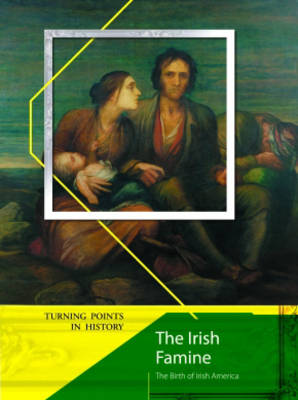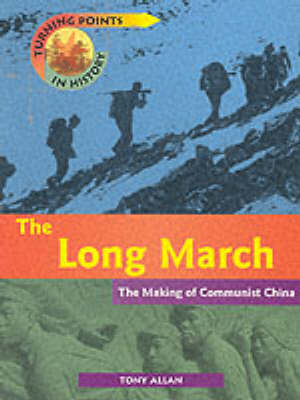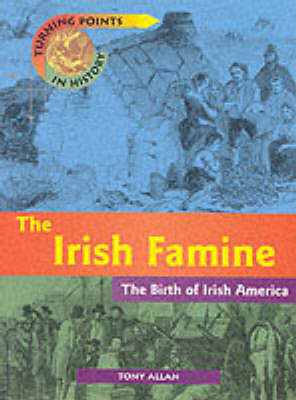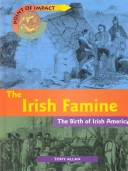Turning Points in History
6 total works
This series examines major historical watersheds and their impact on the world, with each book recounting the chain of events and analysing their repercussions, both immediate and long term. It contains important information on key people and events; and includes contemporary artwork and relevant photographs to help understanding of the issues. It is up-to-date and relevant for children of today. New editions feature a fresh new design. More primary sources add to the readers greater understanding of the era.
Each of the titles in this series examines a major historical watershed. The authors recount the chain of events leading up to the event and the repercussions, both immediate and long-term. They also evaluate the concept of a turning point, assessing in what way this event qualifies. Differing interpretations are discussed, showing how history is informed by a complicated web of divergent views.
Each of the titles in this series examines a major historical watershed. The authors recount the chain of events leading up to the event and the repercussions, both immediate and long-term. They also evaluate the concept of a turning point, assessing in what way this event qualifies. Differing interpretations are discussed, showing how history is informed by a complicated web of divergent views.
Each of the titles in Turning Points in History examines a major historical watershed. It recounts the chain of events leading up to the event, and the repurcussions, both immediate and long-term. It also evaluates the concept of a turning point, assessing in what way this event really was one. Interpretations run throughout the books, showing how history is informed by a complicated web of divergent views. These books are designed to be thought-provoking, but their approach is direct and embraces the everyday views of ordinary people. They bring history to life, make riveting reading and provide a rich source for topic work and general interest.
Each of the titles in Turning Points in History examines a major historical watershed. It recounts the chain of events leading up to the event, and the repurcussions, both immediate and long-term. It also evaluates the concept of a turning point, assessing in what way this event really was one. Interpretations run throughout the books, showing how history is informed by a complicated web of divergent views. These books are designed to be thought-provoking, but their approach is direct and embraces the everyday views of ordinary people. They bring history to life, make riveting reading and provide a rich source for topic work and general interest.




